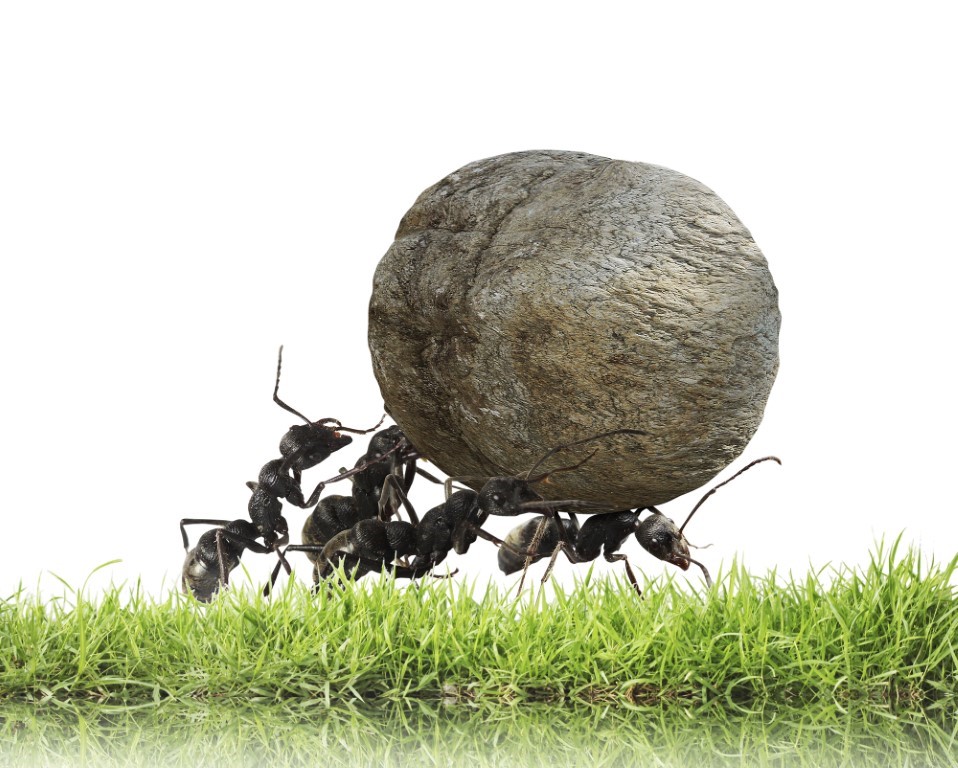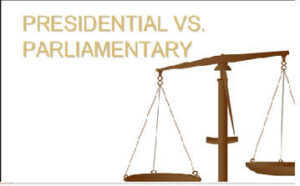Some people think that a sense of competition in children should be encouraged. Others believe that children who are taught to cooperate rather than compete become more useful adults. Discuss both these views and give your opinion. Give reasons for your answer and include any relevant examples from your own knowledge or experience.
The argument over whether a sense of competition or cooperation should be encouraged in children is a complicated one. Some people think that a sense of competition in children should be encouraged. Others believe that children who are taught to cooperate rather than compete become more useful adults. Both perspectives have their merits and can influence a child’s development differently.
On one hand, healthy competition can motivate children to excel, identify strengths and weaknesses, and prepare them for real-life challenges. While on the other hand, it can instill a sense of deprivation, negativity, and jealousy in children.
As far as cooperation is concerned, it prepares children for teamwork, conflict resolution, and social harmony, and enables them to understand the problems of others. Both competition and cooperation are essential aspects of a child’s development, and finding a balance between the two is crucial.
The significance of cooperation is multidimensional and helpful in molding the overall personality of a child into a useful adult. They can be taught to cooperate with classmates, friends, and peers. Cooperation in the classroom allows children to exchange ideas, ask questions, and develop a deep understanding of the syllabi.
Encouraging children to cooperate makes them more responsible adults in the future as cooperation helps in the social, emotional, and cognitive development of a child. It helps children build positive relationships, and work effectively in groups. Moreover, cooperation inculcates empathy, communication, active listening, and conflict resolution within a child.
Also, it teaches children the value of teamwork and collaboration. This would enable them to understand the importance of sharing a lending a helping hand to the needy and deprived. Furthermore, cooperation helps build positive and supportive peer relationships, leading to a respectful social environment.
Contrarily, encouraging a sense of competition in children has its own advantages. First, the competition can inspire children to strive for the best. Be it a sports competition or a competition on the academic front, children learn to handle setbacks and failures gracefully and to try again later with strong determination.
It helps children to recognize their strengths and weaknesses and inspires them to work on weak areas. Competition at a young age enables them to compete in the competitive job market and business environment as well.
However, promoting healthy competition in children is pivotal. It enables children to develop resilience within themselves by teaching them how to adopt a positive approach to handling failures. Overemphasis on winning must also be discouraged all the same because it can lead to potential consequences and produce negative feelings among children. There is a dire need to make children understand that competition is just one aspect of the learning process.
In conclusion, a balanced approach that fosters both competition and cooperation is ideal. Children must be engaged in a healthy competitive environment to prepare them for real-life challenges and make them more active adults. But teaching them cooperation and togetherness is equally essential to transform them into more responsible, kind, and socially-skilled adults.
📍 English Language Educator | Blogger & Content Strategist | 7+ Years in Educational Blogging
Nosheen Bashir is a dedicated English teacher and experienced blogger with over seven years of expertise in content creation and educational writing. Passionate about language, literature, and effective communication, she combines her teaching experience with blogging skills to create insightful, research-backed content that helps learners and educators alike.
🔹 Expertise & Achievements:
✔ English Language Education: A skilled educator with years of experience in teaching English grammar, literature, and communication skills to students of varying levels.
✔ Educational Blogging: Running a successful blog for 7+ years, delivering well-structured, engaging content on language learning, writing techniques, and academic success.
✔ SEO & Content Strategy: Specializes in creating high-ranking, authoritative articles that follow Google’s EEAT principles, ensuring content that is both informative and search-friendly.
✔ Student-Centric Approach: Committed to making English easier, engaging, and accessible, helping readers and students improve their language proficiency.
🚀 With a passion for teaching and writing, Nosheen Bashir is dedicated to crafting educational content that empowers students, teachers, and language enthusiasts worldwide.










